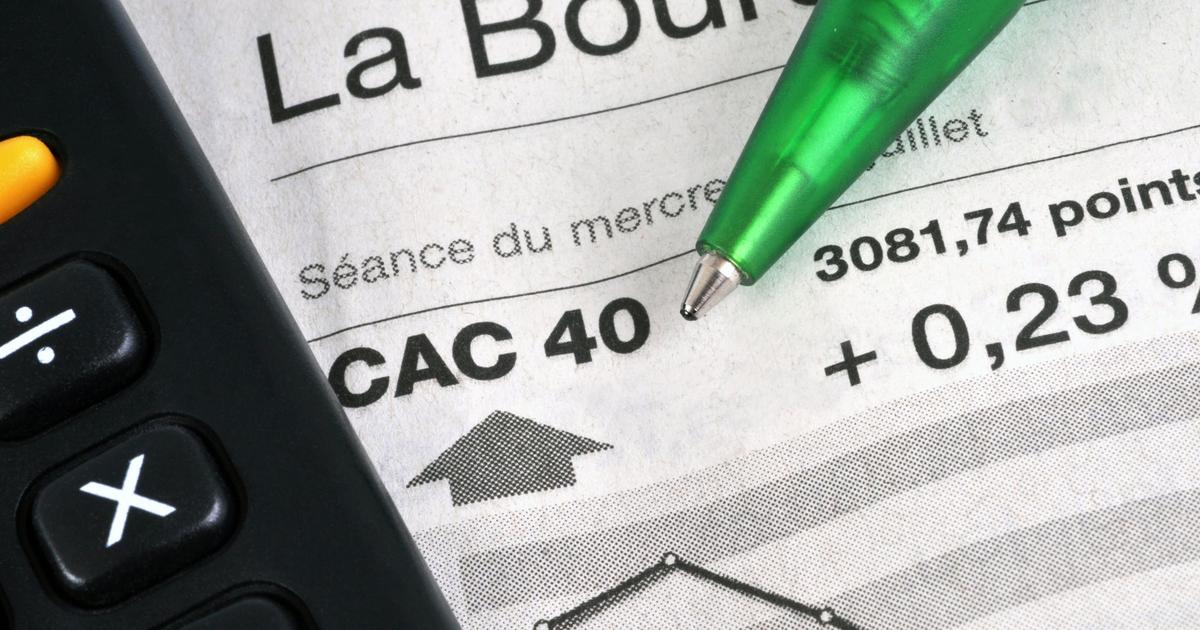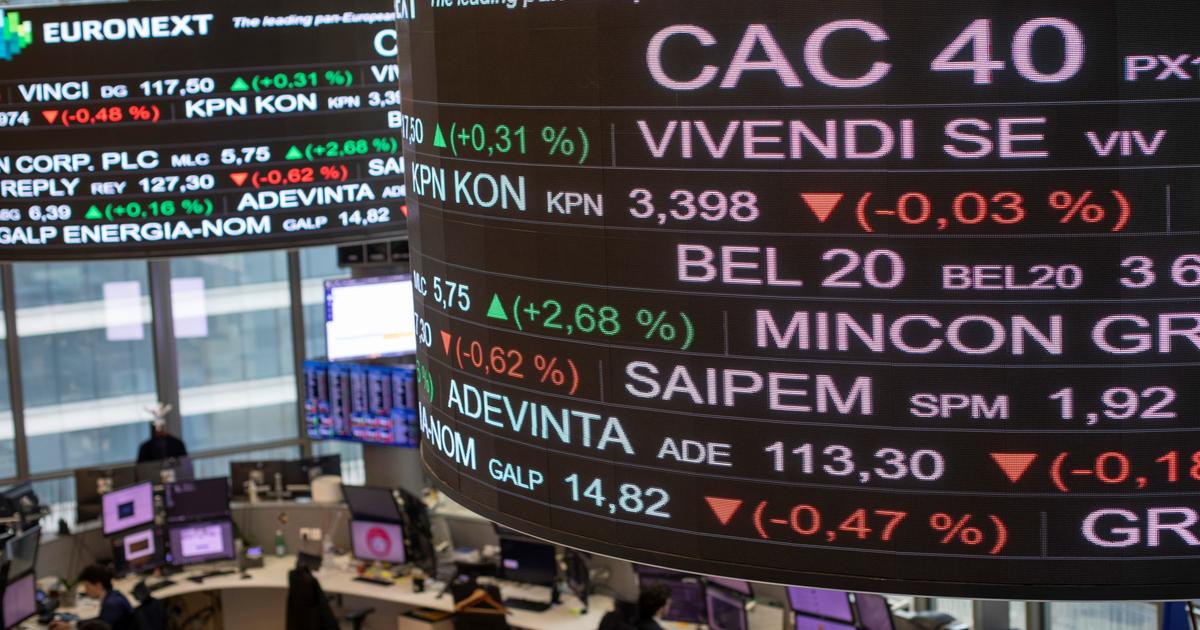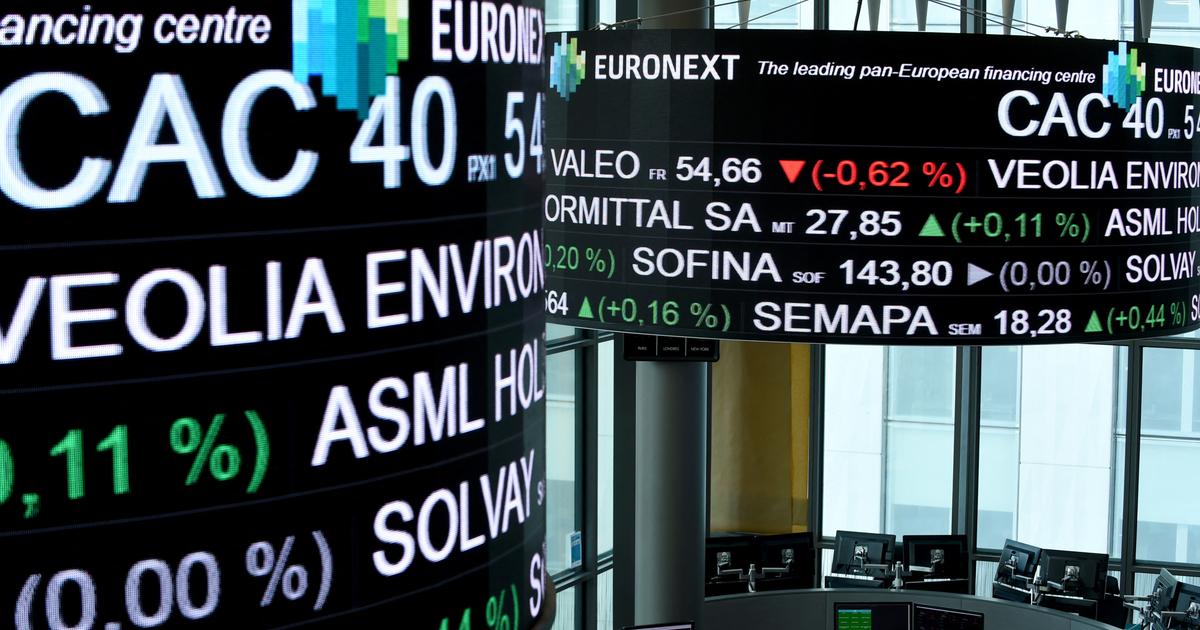Who owns the jewels of the French economy, these giants who arouse the envy of our international competitors?
The Banque de France shed some light on this issue in a bulletin published on Wednesday.
At the end of 2019, non-resident investors owned less than half, 40.8%, to be precise, of the capital of CAC40 resident companies, of which there are 36. That is to say 686 billion euros out of the 1,684 billion euros of 'shares held.
A minority share, therefore, in these companies whose head office is in France, and which has continued to decrease in recent years.
Read also: How the Covid-19 transformed the face of the CAC 40
In detail, nine of the thirty-six companies studied by the Banque de France, ie a quarter of them, remain more than 50% owned by non-residents.
At the same time, eight are held at less than 30% by these foreign investors.
Ownership differs according to the group's sector of activity: the oil, gas, materials and industries sector sees the weight of non-residents increase, unlike all the others.
Evolution of the presence of non-residents in the capital of the 36 CAC40 companies since 2013 Le Figaro, Banque de France
By way of comparison, for all French listed equities, ownership by non-residents remains low compared to our European neighbors.
The tricolor rate reached 37%, against 49% for Italy, 65.3% for the United Kingdom and 56.8% for Germany.
The prize goes to the Netherlands, with a rate well above the average: 87.7% of the shares are held by non-residents.
Based on IMF data, the Banque de France also specifies the identity of these non-residents who have invested in the CAC40.
A good third (33.7%) of French UCI shares and units held abroad are held in the United States, 6.3% in the United Kingdom and 43% in the euro zone, the majority of which in Luxembourg and in Germany.
Asian countries are far behind.
Since 2013, there has been an increase in the European presence in this ranking, to the detriment of the United Kingdom, the United States and Norway.
A significant drop in the share of non-residents since the crisis
In the longer term, the share of foreigners continues to decline.
The holding rate has fallen sharply, from 47.8% in 2013 to less than 41% last year.
Several reasons are given by the Banque de France to explain these changes.
First, non-residents invested in sectors with less dynamic growth than those in which residents placed their logs, modifying the balance of power.
Then, the CAC40 saw the exit, over the period, of Valeo, and the arrival of Thalès, modifying the capital structure.
Finally, this slowdown by non-residents, observed over the long term, does not seem to be stopping.
Over the first three months of 2020, these foreign investors massively sold securities in several sectors, for 15 billion euros, and bought only 7 billion euros in parallel.
“
Non-residents sell French listed shares, while residents are net buyers
”, summarizes the Banque de France.
This trend is much more marked than what was noted during the last crises, in 2008 and 2011. At the time, “
the opposing movements […] did not have this magnitude
”, notes the document.















